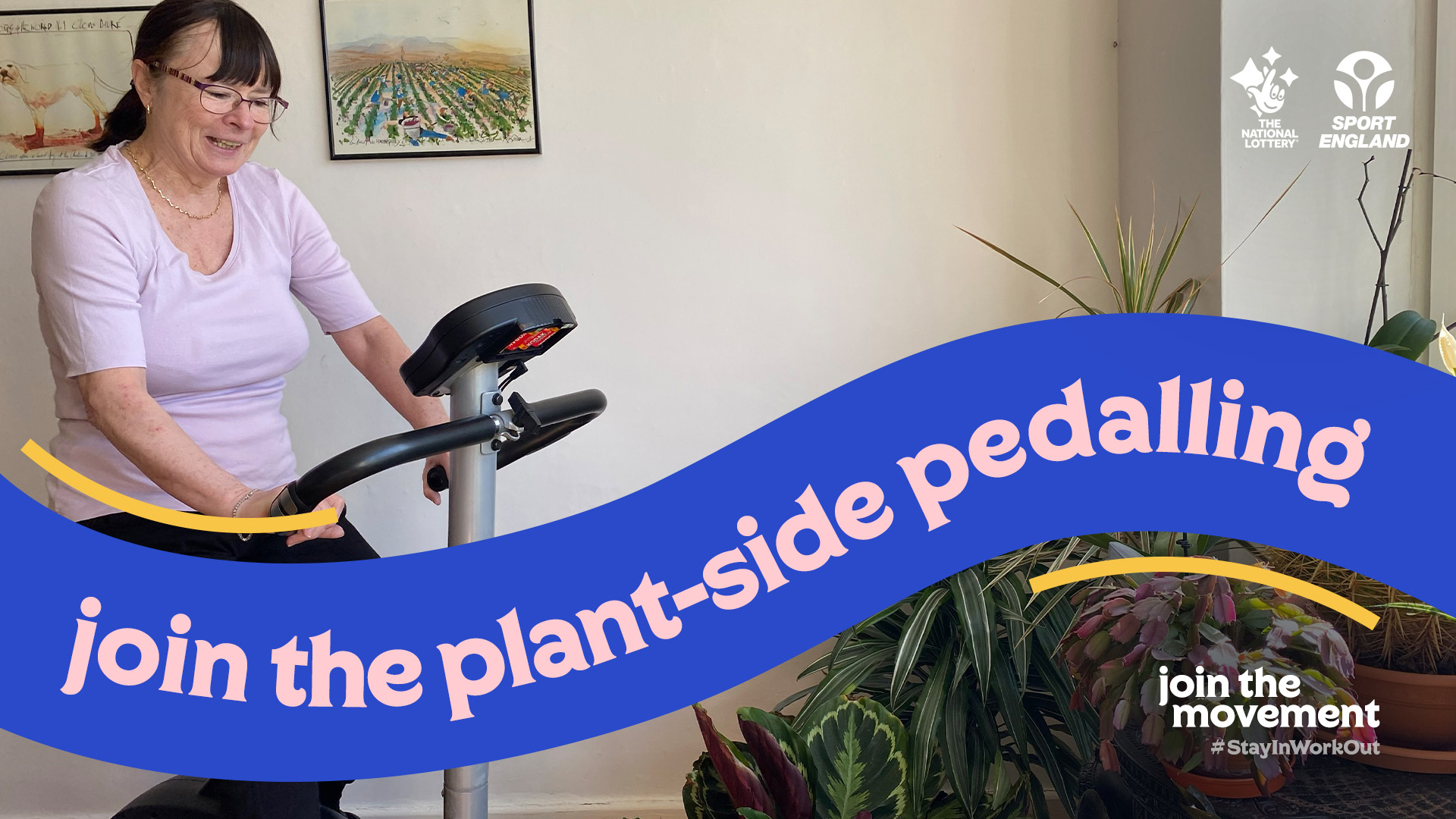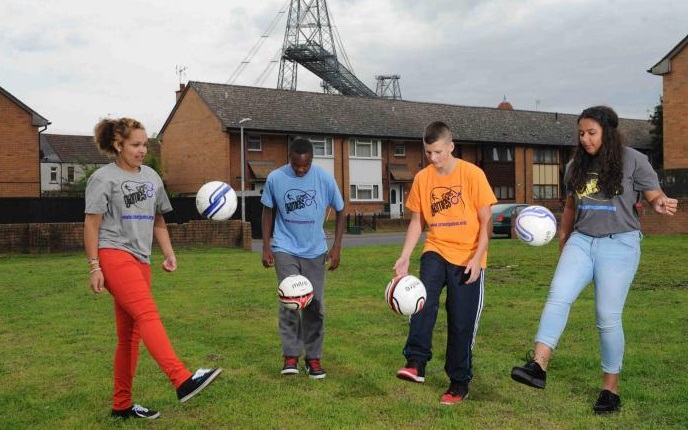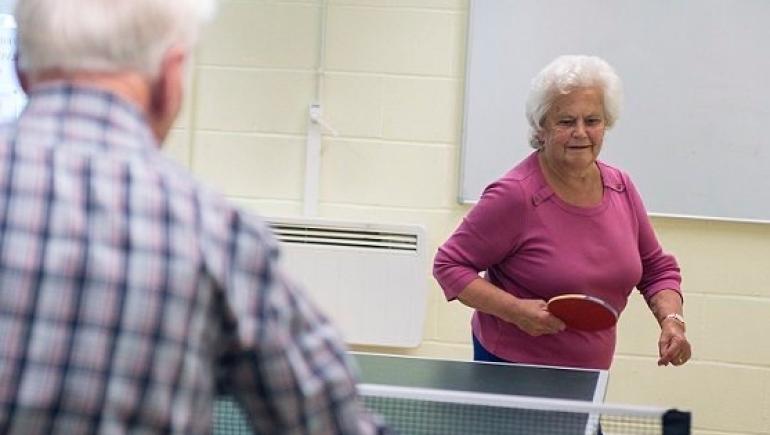Greater public awareness of the benefits of physical activity could provide a “positive legacy” from the Coronavirus lockdown.
That was the view expressed this week by Prof Mike Holmes, vice chair of the Royal College of General Practitioners, and echoed as Sport England CEO Tim Hollingsworth addressed the DCMS Select Committee hearing on the impact of the pandemic on sport.
In comments reported by the York Press this week, Prof Holmes – who is a GP in the city – said: “If there is a positive during this pandemic, it’s how many more people are benefitting from exercise.
WELLBEING
“The health service has been trying to encourage people to exercise for decades as we know it has massive benefits on our health and wellbeing. So, how do we get people to exercise more? We ask them not to go out – it’s simple!"
Prof Holmes is leading the Royal College’s wellbeing response to the pandemic, and his surgery in York has launched a survey on the impact of the pandemic on "physical exercise and changes to lifestyle".

He added: “Going out for half an hour’s exercise three times a week, unless they have been advised to shield at home of course, is really going to make a difference to our patients' health and wellbeing. We really would like to see people keep this up as a positive legacy of the pandemic.”
Sport England CEO Tim Hollingsworth told the Select Committee hearing: “I think we are seeing people recognising the importance of physical activity to their physical and mental wellbeing.”
UNDERSTANDING
He believes early instructions from the Government to remain active, including going outside once a day, influenced people’s thinking.
“Right away, the understanding that activity matters was hugely important. I think that has led, and has continued to drive, a sense that it should and can be a part of people’s lives in a way that previously they possibly hadn’t thought about.
“I think that is possibly one lesson that people can take forward when we hopefully see the opening up of sport.”

The CEO is keen for Sport England to “latch on” to this greater awareness, with campaigns such as the current #StayInWorkOut initiative being less prescriptive.
“People are being more innovative and inventive about ways to be active, and I think the general understanding is that people find something that works for them, not have something pre-ordained or imposed upon them.”
He added: “I don’t know if any of the Committee members now ride a bike or go for a run more regularly and frequently than they might have done before, but we think there are some great habits forming in terms of people’s daily activity now.”
AWARENESS
Sport England’s weekly surveys suggest there is also a greater public awareness of the benefits of regular activity to mental wellbeing.
“I think what we are also seeing in the surveys that we are doing weekly at the moment, is that around two thirds of people recognise that as well as it being good for their physical health and supporting their physical wellbeing, people also recognise the benefit to their mental health.

“I think in general it’s absolutely essential for us to recognise that one of the outcomes, and the purpose of Government investment in sport and physical activity is to help people manage, maintain and improve their mental health.”
However the CEO reported that the weekly surveys during the crisis have shown that pre-existing “stubborn inequalities” in levels of activity amongst certain groups in society – for example lower socio-economic communities – have persisted.
“We have seen those inequalities maintained, and in some ways they have started to worsen. We are in a position where, relatively speaking, we do not have active young people in the way that we would want to see, in particular about a third of children who are not doing the Chief Medical Officer’s recommended amount of activity per week.
PARTNERS
“That figure is getting worse in the current environment – we now think it’s about 44% of children are either doing no activity, or less than half an hour’s activity every day in the current crisis.”
He also told the Committee about funding that has been set aside for distribution by “expert partners” including the leading Sport for Development partners like StreetGames, Sported and Active Partnerships, who through their networks are already working with lower socio-economic groups and individuals.
The DCMS Select Committee session is available to watch here.
Pic credits: Sporting Equals, StreetGames.












